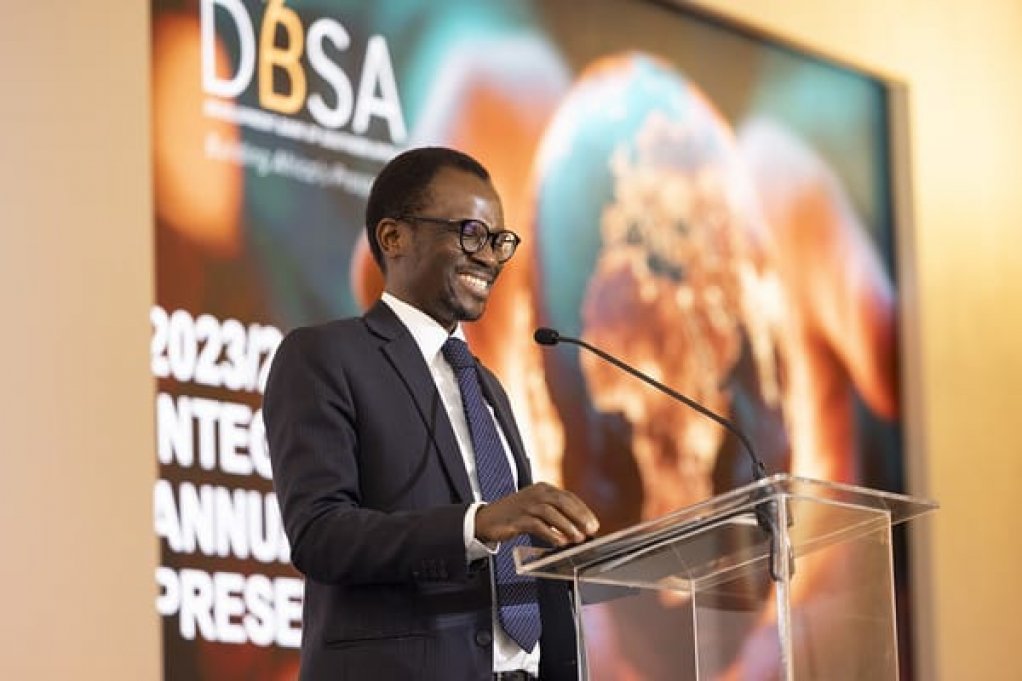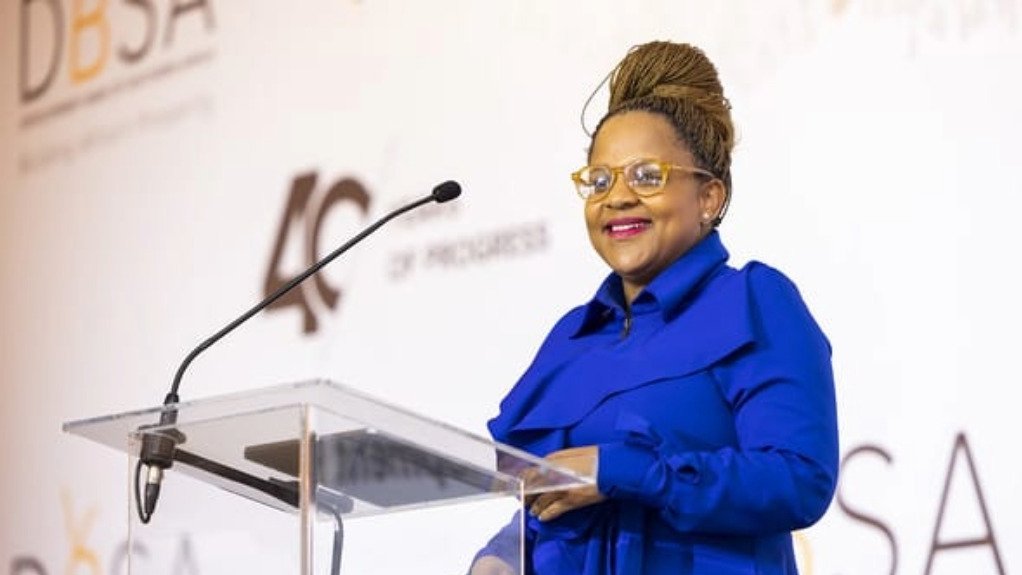Deputy Finance Minister David Masondo has called on the Development Bank of Southern Africa (DBSA), which is a major lender to local government, to play a leading role in supporting the Government of National Unity’s plan to fix municipalities as part of the second phase of Operation Vulindlela.
Addressing the development finance institution’s results presentation, Masondo acknowledged that more reform progress was still required to fully address the supply-side problems of electricity and water supply, freight logistics and costly digital infrastructure, which had been prioritised during the first phase of Operation Vulindlela.
He argued, however, that the poor state of municipal infrastructure and finances had emerged as a key constraint to growth and investment and would, thus, be incorporated for priority attention during the scheme’s second phase, which would also be broadened to incorporate plans for tackling ongoing spatial inequality and digital transformation.
Masondo, who has political responsibility for Operation Vulindlela, reported that President Cyril Ramaphosa regarded the turnaround of local government as a “pet project”, as the President recognised that improvements in the network industries alone would be insufficient for catalysing higher levels of growth.
He indicated that consideration was even being given to taking direct action to ensure that competent municipal managers and accounting officers were appointed, but he did not offer details.
Describing DBSA as a “great partner” to municipalities, he argued that the bank’s deep knowledge and understanding of the sector could play a key role in unlocking both public capital, possibly through the Public Investment Corporation, and private capital, for municipal infrastructure.
He also saw the bank playing a more assertive role in helping to deal with the country’s apartheid spatial legacy, which had left many of the poorest households spending nearly 40% of their after-tax income on direct transport costs.
This could be addressed, he said, by releasing well-located public land for social housing and potentially by the DBSA becoming more hands on in building human settlements, as it had in the areas of schools and healthcare facilities.
MUNICIPAL FUNDING
DBSA CEO Boitumelo Mosako highlighted that 30% of the bank’s R115-billion loan book was currently directed towards municipalities and that the municipal sector remained a core client of the bank, despite the perceived high risk of lending to local government.
In 2023/24, the DBSA made disbursements of R4.6-billion to local government in a year when total disbursements of R17-billion were recorded, up from R13.7-billion in the prior year.
Despite the difficulties of the municipal sector and the weak economic climate generally, the DBSA reported record repayments of R23-billion, representing a 28% increase on the R18-billion reported in the prior year. Cash flow from operations also increased to R5.4-billion, from R5.1-billion.
The bank’s gross non-performing loan ratio deteriorated marginally to 3.9% from 3.2%, but remained below policy limits, while its net profit decreased by 11.5% to R4.6-billion, which was attributed primarily to lower foreign currency gains.
GRID PROCUREMENT
Outside of the municipal sector, the DBSA was continuing to support the development of economic infrastructure in the areas of energy, water and sanitation, information and communication technology and transportation, and was also helping to fund and build social infrastructure, such as hospitals, schools and human settlements.
In energy, the bank was seeking to facilitate the procurement of private transmission infrastructure, drawing on learnings from the successful procurement model developed for independent power producers (IPPs) in South Africa.
While no timeframe was provided for the establishment of an independent transmission project procurement office, the DBSA confirmed that it was involved in processes that could culminate in such an office, while highlighting the central role it had played in the establishment of the IPP Office more than a decade ago.
It was also involved in an initiative, together with the World Bank, aimed at developing a new credit-enhancement mechanism.
The mechanism was being developed in a bid to position South Africa to procure transmission infrastructure from the private sector in the absence of the government guarantees that had been required for IPPs.
EMAIL THIS ARTICLE SAVE THIS ARTICLE ARTICLE ENQUIRY
To subscribe email subscriptions@creamermedia.co.za or click here
To advertise email advertising@creamermedia.co.za or click here













